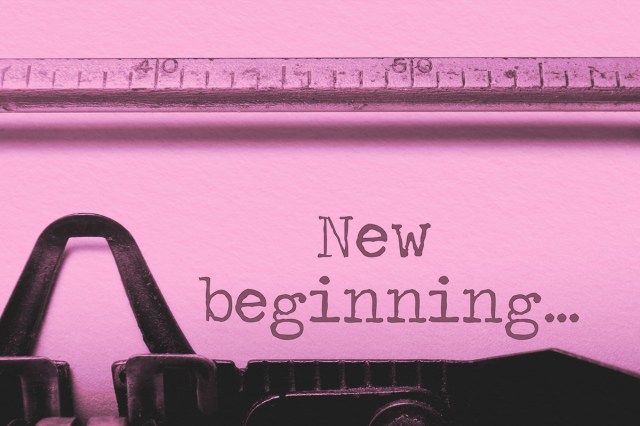
The evening news is scattered with buzzwords used for dramatic effect, but one phrase recently caught my attention. A news anchor announced a “major breakthrough” in a case, and I wondered: Is there any other type of “breakthrough?” By definition, a breakthrough is “a sudden, dramatic, and important discovery or development.” Calling it “major” repeats what’s already implied. Subtle redundancies like this can trip up even experienced writers.
Once I tuned into this kind of redundancy, I noticed more throughout news broadcasts. A report mentioned a “protest against” a new school board budget — but a protest is, by definition, a demonstration against something. Then came talk of “new innovations” in public transportation, another redundancy because innovations are inherently new.
Redundancies aren’t limited to TV news, of course — they’re everywhere, especially in advertising. Take the classic “free gift with purchase” offer. Gifts are free by definition, so you don’t really need that first word. Other everyday examples include “blend together,” “revert back,” “absolutely certain,” and “new beginning.” Here, the words “together,” “back,” “absolutely,” and “new” serve no real purpose; they’re simply reiterating the definition. Why have these phrases persisted in the English language when the colloquial trend is to abbreviate or turn phrases into acronyms? As it turns out, we all use redundancy for emphasis, whether in national news headlines or texts between friends.
So, is using redundant phrases wrong? Not necessarily, but it depends on the context. In casual, creative, or emotional writing, redundancy can enhance tone, rhythm, or interest. Think of the fairy-tale line “forever and ever.” While redundant, it’s stylistically meaningful. The key is knowing when your audience will appreciate redundancy and when it might be distracting. As for formal and technical writing, follow the style guides and trim excess by avoiding redundancy.

















